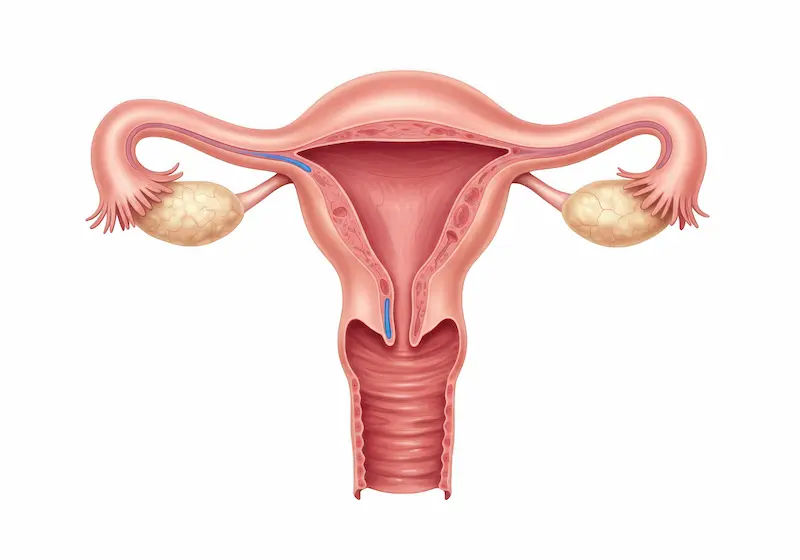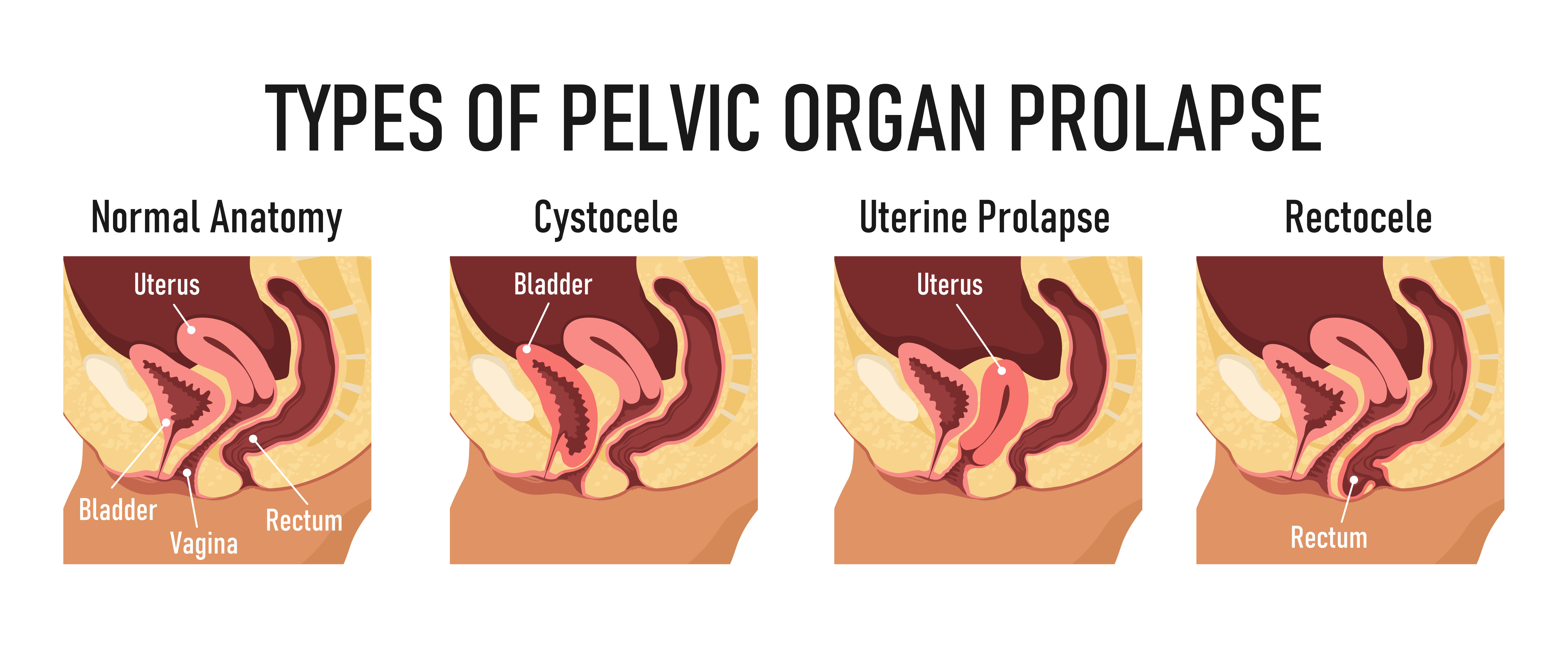Haemoglobin Symptoms and Treatment Information
Low hemoglobin? Learn the common symptoms like fatigue and shortness of breath. This guide covers causes, what a low blood count means for your health, and effective treatment options to help you feel better.

Written by Dr. Rohinipriyanka Pondugula
Reviewed by Dr. Siri Nallapu MBBS
Last updated on 13th Jan, 2026

Haemoglobin is a vital protein in your red blood cells that carries oxygen from your lungs to the rest of your body and brings carbon dioxide back to the lungs for removal. When your haemoglobin levels are too low or too high, it can affect your overall health. In this article, we’ll discuss the symptoms, causes, and treatment options for abnormal haemoglobin levels in simple, easy to understand terms.
What Are Normal Haemoglobin Levels?
Normal haemoglobin levels vary depending on age, gender, and overall health:
- Men: 13.8 to 17.2 g/dL
- Women: 12.1 to 15.1 g/dL
- Children: Levels vary by age
If your haemoglobin is outside this range, it may indicate an underlying health issue.
Symptoms of Low Haemoglobin (Anaemia)
Low haemoglobin (anaemia) means your body isn’t getting enough oxygen. Common symptoms include:
- Fatigue and weakness
- Pale or yellowish skin
- Shortness of breath
- Dizziness or lightheadedness
- Cold hands and feet
- Irregular heartbeat
- Headaches
Consult a General Physician
Causes of Low Haemoglobin
1. Iron deficiency – The most common cause, often due to poor diet or blood loss (e.g., heavy periods, ulcers).
2. Vitamin B12 or folate deficiency – Needed for red blood cell production.
3. Chronic diseases – Kidney disease, cancer, or infections can affect haemoglobin.
4. Bone marrow problems – Conditions like leukaemia can reduce red blood cell production.
5. Excessive blood loss – From injury, surgery, or internal bleeding.
High haemoglobin means your blood is thicker than normal, which can lead to complications like blood clots. Symptoms include:
Headaches and dizziness
- Blurred vision
- Itchy skin (especially after a warm shower)
- Red or flushed face
- Nosebleeds
- Joint pain
Causes of High Haemoglobin
1. Dehydration – Lack of fluids makes blood more concentrated.
2. Lung or heart disease – Low oxygen levels trigger more red blood cell production.
3. Smoking – Reduces oxygen absorption, increasing haemoglobin.
4. Living at high altitudes – Less oxygen in the air leads to higher haemoglobin.
5. Bone marrow disorders – Such as polycythaemia vera (a rare blood cancer).
How to Improve Haemoglobin Levels?
Ways to improve haemoglobin levels include:
For Low Haemoglobin (Anaemia):
1. Eat iron-rich foods:
Red meat, spinach, lentils, beans, tofu, and fortified cereals.
2. Increase vitamin C intake:
Helps absorb iron (oranges, lemons, bell peppers).
3. Take supplements (if needed):
Iron, B12, or folate supplements as prescribed by a doctor.
4. Treat underlying conditions:
If anaemia is due to chronic disease, managing the condition is key.
For High Haemoglobin (Polycythaemia):
1. Stay hydrated – Drink plenty of water to thin the blood.
2. Quit smoking – Improves oxygen levels in the blood.
3. Exercise regularly – Helps circulation and oxygen flow.
4. Phlebotomy (blood removal) – In severe cases, doctors may remove blood to reduce thickness.
5. Medications – If caused by a bone marrow disorder, treatment may involve medication.
When to See a Doctor?
If you experience persistent symptoms of low or high haemoglobin, consult a doctor. A simple Complete Blood Count (CBC) test can check your haemoglobin levels.
Book a Test or Consultation with Apollo 24|7
Worried about your haemoglobin levels? You can easily book a blood test or consult a specialist through Apollo 24|7. Early detection and treatment can prevent complications.
Final Thoughts
Maintaining healthy haemoglobin levels is crucial for energy, immunity, and overall wellbeing. A balanced diet, hydration, and regular checkups can help keep your blood health in check. If you suspect any issues, don’t hesitate to seek medical advice.
Stay healthy and take care!
Consult a General Physician
Consult a General Physician

Dr. Rajib Ghose
General Physician/ Internal Medicine Specialist
26 Years • MBBS
Kolkata
B Ghose Foundation Doctor's Chamber, Kolkata
(50+ Patients)

Dr. Rajib Ghose
General Physician/ Internal Medicine Specialist
25 Years • MBBS
East Midnapore
VIVEKANANDA SEBA SADAN, East Midnapore
Dr P Sai Avinash
General Physician/ Internal Medicine Specialist
7 Years • MBBS
Bengaluru
Apollo Medical Center, Marathahalli, Bengaluru

Dr. Ayushmi
General Physician/ Internal Medicine Specialist
2 Years • MBBS
Kolkatta
Maruti Clinic, Kolkatta

Dr. Bhavishya Desai
General Physician/ Internal Medicine Specialist
4 Years • MBBS,MD (GENERAL MEDICINE}
Bengaluru
D R Clinic, Bengaluru
Consult a General Physician

Dr. Rajib Ghose
General Physician/ Internal Medicine Specialist
26 Years • MBBS
Kolkata
B Ghose Foundation Doctor's Chamber, Kolkata
(50+ Patients)

Dr. Rajib Ghose
General Physician/ Internal Medicine Specialist
25 Years • MBBS
East Midnapore
VIVEKANANDA SEBA SADAN, East Midnapore
Dr P Sai Avinash
General Physician/ Internal Medicine Specialist
7 Years • MBBS
Bengaluru
Apollo Medical Center, Marathahalli, Bengaluru

Dr. Ayushmi
General Physician/ Internal Medicine Specialist
2 Years • MBBS
Kolkatta
Maruti Clinic, Kolkatta

Dr. Bhavishya Desai
General Physician/ Internal Medicine Specialist
4 Years • MBBS,MD (GENERAL MEDICINE}
Bengaluru
D R Clinic, Bengaluru

.webp)


